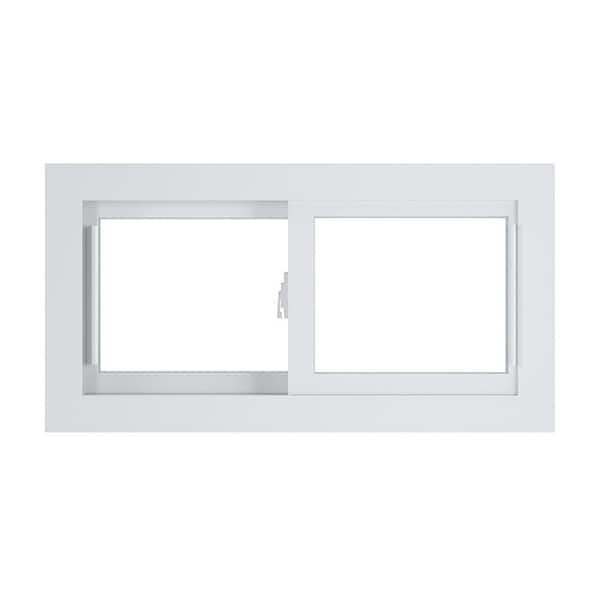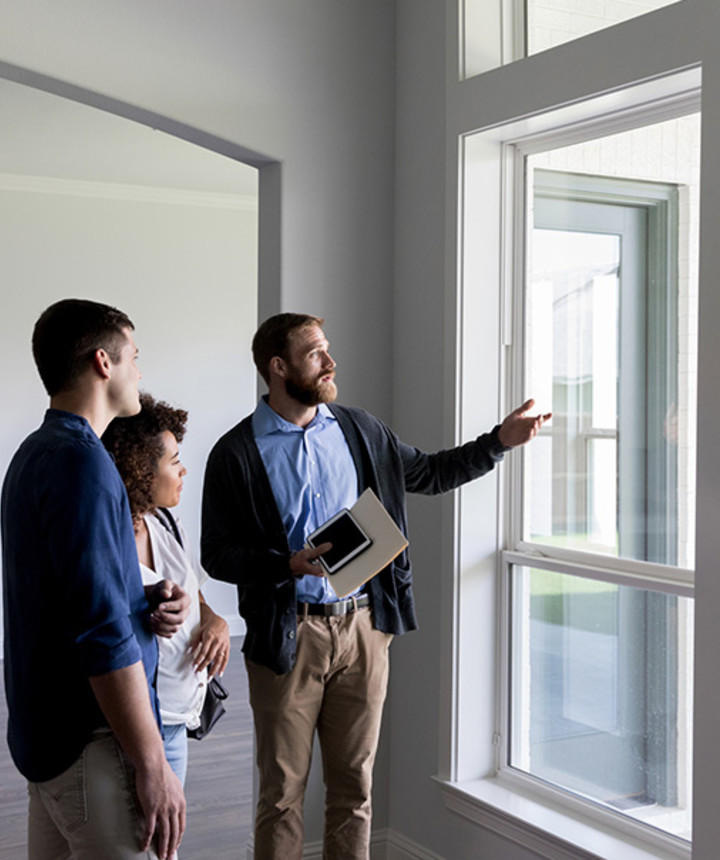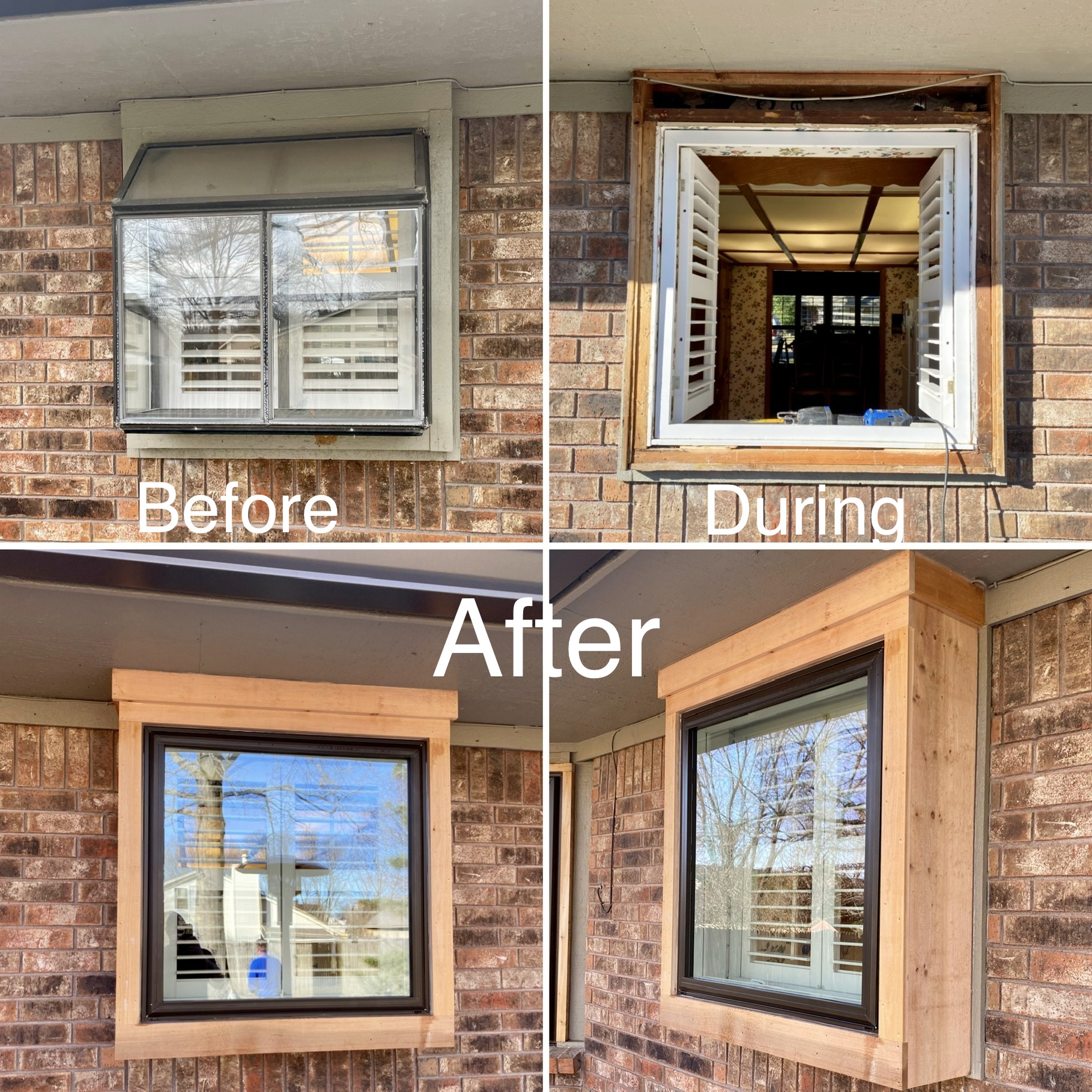Top Houston Window Replacement Experts for Your Home
Top Houston Window Replacement Experts for Your Home
Blog Article
Upgrade Your Home With Energy-Efficient Home Window Substitutes
In the world of home renovation, the choice to upgrade to energy-efficient window replacements can substantially affect both the capability and appearances of a residence. Past the surface area degree of plain visual appeals, energy-efficient windows provide a wide variety of advantages that go past plain aesthetic allure.
Benefits of Energy-Efficient Windows

The setup of energy-efficient home windows gives considerable cost savings on energy costs while improving ecological sustainability. Additionally, energy-efficient windows can aid control wetness levels within the home, lowering the threat of mold and mildew development.
Beyond the economic advantages, energy-efficient home windows contribute to environmental sustainability by decreasing carbon emissions linked with energy manufacturing. Overall, investing in energy-efficient windows not only enhances the comfort and efficiency of a home yet likewise lines up with eco conscious practices.
Types of Energy-Efficient Glass
Various sophisticated types of energy-efficient glass deal distinct residential properties that provide to different requirements and preferences in boosting the sustainability and efficiency of buildings. Triple-pane glass, consisting of 3 layers of glass with shielding gas between them, provides improved thermal insulation, making it extremely energy-efficient. In addition, self-cleaning glass with an unique covering that breaks down and loosens up dirt when exposed to sunshine can reduce maintenance demands and keep home windows looking tidy.
Factors to Consider When Selecting
When considering energy-efficient window substitutes, it is crucial to carefully assess particular elements that align with your sustainability goals and preferred energy cost savings. One vital variable to think about is the home window's energy efficiency rankings, such as the U-factor and Solar Warmth Gain Coefficient (SHGC) The U-factor actions just how well the home window protects, with lower numbers suggesting better insulation, while the SHGC indicates the window's capacity to block warmth from sunlight. In addition, the home window framework material plays a significant function in energy effectiveness. Materials like fiberglass, vinyl, or timber with thermal breaks are superb options for minimizing warm transfer. Another vital factor to consider is the home window style and orientation worrying sunlight exposure. Picking the right window style and purposefully putting them can maximize all-natural light while lessening heat gain or loss. Last but not least, installment high quality is key to making certain the windows perform as planned. Appropriate installation aids avoid air leak, ensuring optimum power effectiveness. By carefully reviewing these aspects, you can select energy-efficient home windows that improve comfort, lower energy expenses, and benefit the environment.
Installment and Upkeep Tips

Regular maintenance is vital to maintaining the performance of your energy-efficient home windows. Examine the windows periodically for any indicators of sealer, wear, or read this post here damages wear and tear. Clean the frameworks, tracks, and glass routinely utilizing light soap and water to get rid of dust and grime that can impact efficiency. Inspect the weather-stripping and seals for any kind of splits or gaps and replace them if required to maintain the windows' power effectiveness.
On top of that, lubricate moving components such as hinges and locks to ensure smooth operation. By adhering to these setup and upkeep tips, you can improve the power effectiveness of your home and lengthen the lifespan of your energy-efficient home windows.
Cost-Benefit Analysis of Upgrading

Energy-efficient home windows are made to decrease warm transfer, decreasing the need for heating and cooling down systems to burn the midnight oil. This can bring about substantial financial savings on energy bills, especially in regions with severe temperature levels. Furthermore, energy-efficient windows can boost the total value of your home, making it more eye-catching to prospective buyers if you decide to market in the future.
When determining the cost-benefit analysis, consider the possible look at this website cost savings use this link on energy costs, any type of offered incentives or rebates, and the lifespan of the home windows. While the first expense may be greater, the lasting financial savings and advantages of energy-efficient home windows make them a smart financial investment for house owners seeking to improve their residential property's energy efficiency and worth.

Final Thought
In conclusion, updating to energy-efficient window substitutes supplies numerous advantages such as reduced energy intake, enhanced convenience, and price savings. By selecting the suitable kind of energy-efficient glass and considering aspects like structure material and setup, home owners can take full advantage of the performance of their windows. Routine upkeep and correct installation are vital for lasting efficiency. Overall, the cost-benefit analysis of upgrading to energy-efficient home windows reveals that the first investment can result in considerable financial savings in the lengthy run.
When contemplating energy-efficient home window substitutes, it is essential to carefully evaluate specific factors that align with your sustainability purposes and wanted power cost savings. The U-factor steps how well the window shields, with reduced numbers suggesting much better insulation, while the SHGC indicates the window's capacity to obstruct warm from sunlight. By carefully reviewing these variables, you can choose energy-efficient windows that enhance convenience, minimize energy costs, and profit the atmosphere.
While energy-efficient windows might have a greater in advance cost contrasted to standard windows, the long-term advantages commonly exceed the initial financial investment.In verdict, upgrading to energy-efficient window substitutes uses various benefits such as minimized energy consumption, raised comfort, and cost financial savings.
Report this page